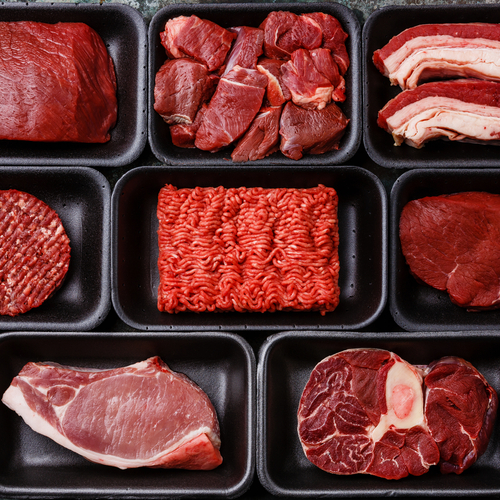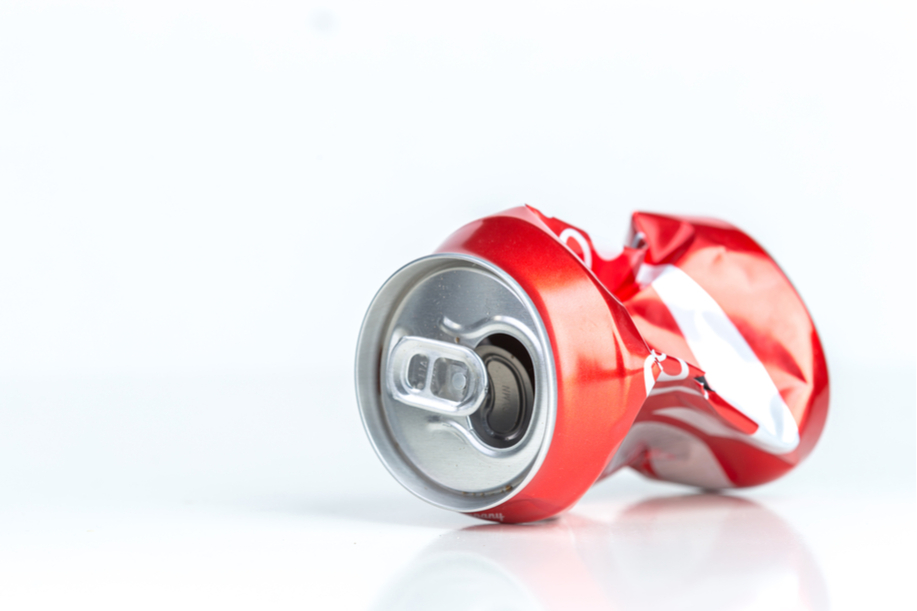Obesity has a new scapegoat, and the U.S. Department of Agriculture says we’re supposed to eat three ounces of it every day. Uh oh: Time to eliminate those carbs from your diet (again).
[A] growing number of top nutritional scientists blame excessive carbohydrates — not fat — for America's ills. They say cutting carbohydrates is the key to reversing obesity, heart disease, Type 2 diabetes and hypertension.
"Fat is not the problem," says Dr. Walter Willett, chairman of the department of nutrition at the Harvard School of Public Health. "If Americans could eliminate sugary beverages, potatoes, white bread, pasta, white rice and sugary snacks, we would wipe out almost all the problems we have with weight and diabetes and other metabolic diseases."
Fat is not the problem? Does this mean we can all guiltlessly chow down on butter and hot dogs?
For you nutrition junkies out there, here’s the logic: Carbs are converted into blood sugar, and refined carbs are converted even faster. In order to shepherd the blood sugar into cells, the pancreas produces insulin. But consuming too many carbs can lead to your cells becoming resistant to insulin. This can cause an excess of glucose, and ultimately diabetes.
Plenty of dietitians have recommended cutting carbs to lose weight, with the most popular example being the Atkins Diet. But suggesting that cutting carbs is an obesity cure-all is ludicrous. White rice is a key staple of China's cuisine. And while the Chinese obesity rate has been on the rise lately, it's still only about one in 70 people, or 1.4 percent. Americans should be so lucky.
Nutritionists have placed the blame for our love-handles on everything from saturated fat to carbohydrates. But what about the two most obvious villains: an overabundance of calories and a lack of exercise?
The simplest explanation for obesity remains an imbalance of calories going in and calories going out. If you're eating 3,000 calories a day, it doesn't matter whether it comes from pasta or beef or tofu: If you're not burning what you take in, you're going to gain weight.
The converse is also true. The easiest way to stay slim is to equalize those two calorie-counts by limiting portion sizes and engaging in regular physical activity. No wonder one major 2004 study found that "insufficient vigorous physical activity was the only risk factor" for overweight boys and girls.
Too much Nintendo and not enough skateboarding? Sometimes it’s as simple as that.




